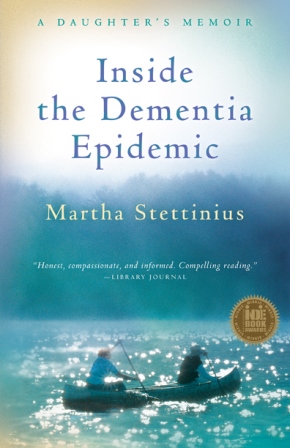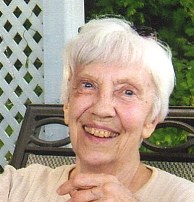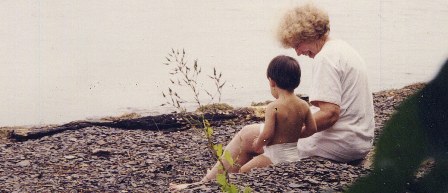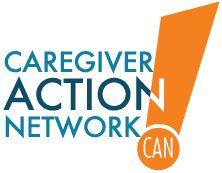Caring for Our Aging Parents: The Dilemma of Daughters vs. Sons
 Wednesday, September 4, 2013 at 02:25PM
Wednesday, September 4, 2013 at 02:25PM  My mother, Judy, and me in her nursing home 2 years agoA new study confirms that daughters are much more likely than sons to care for their aging mothers. This is no surprise to many, but what does it mean for our well-being as women if our brothers are off the hook?
My mother, Judy, and me in her nursing home 2 years agoA new study confirms that daughters are much more likely than sons to care for their aging mothers. This is no surprise to many, but what does it mean for our well-being as women if our brothers are off the hook?
Researchers at Cornell University have confirmed what many of us already suspect: Daughters are more than twice as likely as sons to become caregivers for their mothers. According to their study released this week, a daughter who lives close by when a mother experiences health problems is the sibling most likely to become the caregiver. My own brother passed away in 2004, and I have no sisters, but I hear from many other women that caregiving almost always falls to them as daughters (or daughters-in-law).
Other studies have shown that women are much more likely than men to provide daily hands-on care such as bathing, dressing, and feeding. If a man is involved in caregiving, he is more likely to be supervising that care from a distance. (There are many, many exceptions, of course. Men are taking on caregiving in growing numbers. To read about hands-on caregiving from a male perspective, check out Gary Joseph LeBlanc, Bob DeMarco, or “Martyn.”)
 My teenager son and daughterAs the mother of a 17-year-old son and 16-year-old daughter, who do I think would be more likely to care for me if my husband were gone and I needed help with long-term care? My daughter. I think that’s because my daughter and I talk more to each other and share our feelings. My son, who just graduated from high school, says “hi” and “bye” as he runs to work or to hang out with his girlfriend. My daughter is busy, too, but she’s just more attuned to my needs (and moods), and more demonstrative physically (she’s a hugger). Whether it’s because of her genetic disposition, her gender, or my own expectations of her growing up, my daughter seems more like a natural caregiver than her brother. I don’t think that’s fair to either her or to her brother, but that’s the way it is.
My teenager son and daughterAs the mother of a 17-year-old son and 16-year-old daughter, who do I think would be more likely to care for me if my husband were gone and I needed help with long-term care? My daughter. I think that’s because my daughter and I talk more to each other and share our feelings. My son, who just graduated from high school, says “hi” and “bye” as he runs to work or to hang out with his girlfriend. My daughter is busy, too, but she’s just more attuned to my needs (and moods), and more demonstrative physically (she’s a hugger). Whether it’s because of her genetic disposition, her gender, or my own expectations of her growing up, my daughter seems more like a natural caregiver than her brother. I don’t think that’s fair to either her or to her brother, but that’s the way it is.
Read more (published on caregivers.com)
 aging parents,
aging parents,  caregiving,
caregiving,  gender
gender 
























